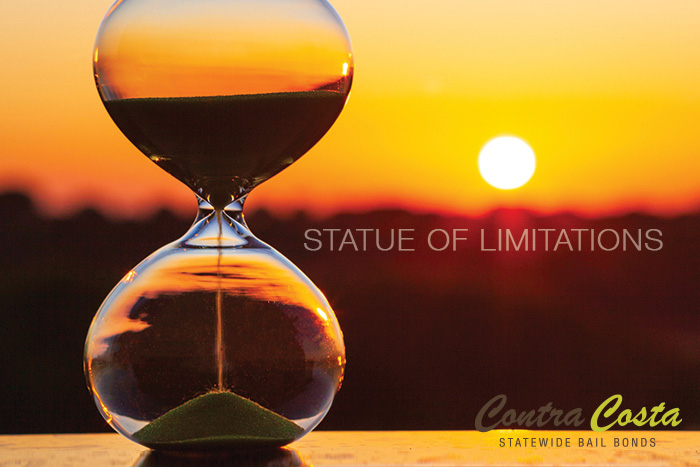
Investopedia defines statute of limitation as:
“a law that sets the maximum amount of time that parties involved in a dispute have to initiate legal proceedings from the date of an alleged offense, whether civil or criminal. The length of time the statute allows for a victim to bring legal action against the suspected wrong-doer can vary based on the jurisdiction and the nature of the offense.
This means that there is a very narrow window of opportunity for the victim to file charges for some crimes. Some people fail to realize that different types of crimes have different statutes of limitations. For example, if a person decides to accuse of a misdemeanor assault, they must do so within one year of the alleged incident. As soon as that first anniversary has passed, they can’t file legal or civil charges for that particular incident. Things change if the circumstances surrounding the assault indicate that it’s a felony assault. With those types of cases, California’s statute of limitations is a full three years.
The general rule of thumb is that the more heinous the crime, the longer the statute of limitations is. There isn’t a statute of limitations for homicide cases.
According to LegalInfo.com, statutes of limitations exist, “to ensure fair trials without the possibility of evidence deteriorating over time. If the statute of limitations for the offense runs out, there can be no prosecution, and the alleged criminal cannot face criminal charges.”
It’s important to understand that as long as the charges are filed within the crime’s statute of limitations, criminal proceedings are allowed to take place. That means that if you’re the accused, you could still go to trial and that the trial could take place significantly later than one year following the alleged incident.
One of the reasons so many people wait until almost the last moment before they file charges, especially in civil cases, is that they are using the time to determine if there is enough evidence to make filing a civil case worthwhile.
Suppose you have been involved in an incident and are worried that a day will come when the other people who were there decided to file charges. In that case, it’s in your best interest to keep an accurate record of your whereabouts and precisely what happened during the alleged incident. Your records may indicate that the statute of limitations has expired and that you no longer have to worry about possible criminal or civil repercussions.
